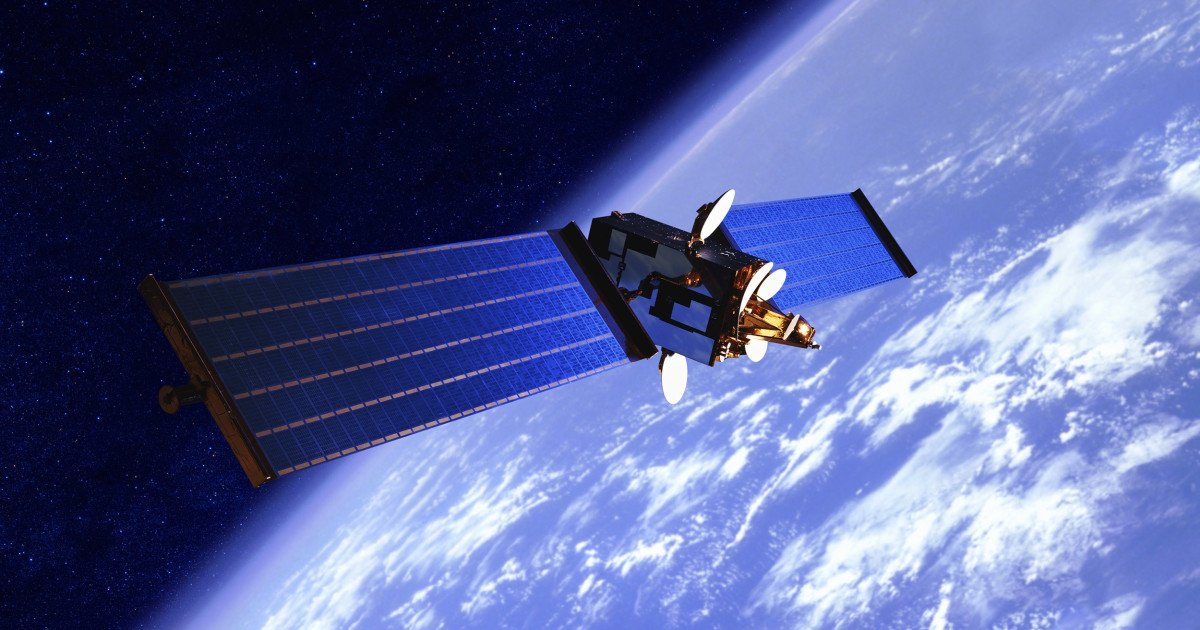The changing of Physical Constants would not just mean that Gravity might be a little less, or more, or that kind of difference. It would fundamentally change the properties of matter. The periodic table might have a different shape, as some elements might not exist and other elements would have fundamentally different chemical properties. Think about if Carbon could no longer form long chains. Think about if compounds like Water didn't have the same properties. Our body's biochemistry wouldn't work. The matter that makes up our bodies would not exist where those constants were changed.
So, that is what would inform my scepticism that variable values for constants could exist within the same universe, even at the far edges, because what would happen at the interfaces? Different universes could have different fixed values, but how could we visit them without being disassembled sub-atomically at the transition. How could we even observe them with probes?
Looking at observations at great distance from us is not looking "at the far edges" - as I am sure you are aware the universe as best we know it, does not have one - it is looking back far into
time. And things could be subtely different far in the past and still have chemistry very close to ours. Which was what one of the actual observations seemed to hint at.
A contender, the fine-structure constant, alpha, which which quantifies the strength of the electromagnetic interaction between charged particles, has been suggested might be variable and given that it's pretty important for processes involving carbon, even a miniscule change in the past may have had subtle but important differences in the early universe. Yes, perhaps even with what we'd call standard chemistry, who knows? Perhaps carbon-based life
was impossible because of this in the first 8 billion years of the universes expansion? And when life became possible as alpha 'tuned' into the "right" value, Earth was formed at just the right time for the first life to appear on the young surface? (Might also make a good solution to the Fermi paradox).
Note that stars, galaxies, quasars and all the like could still form and shine even if alpha was a little different from today's value.
Of course getting to the past to check out what was there is (as far as we know, impossible

) but we can interpret the ancient radiation of various objects from billions of light years away.
Now I'm not saying this is true - more and better observations are required - and a deeper understanding would be needed. I'm not totally compelled by the evidence, but with a heathly sceptical and open mind, I find it very interesting.


